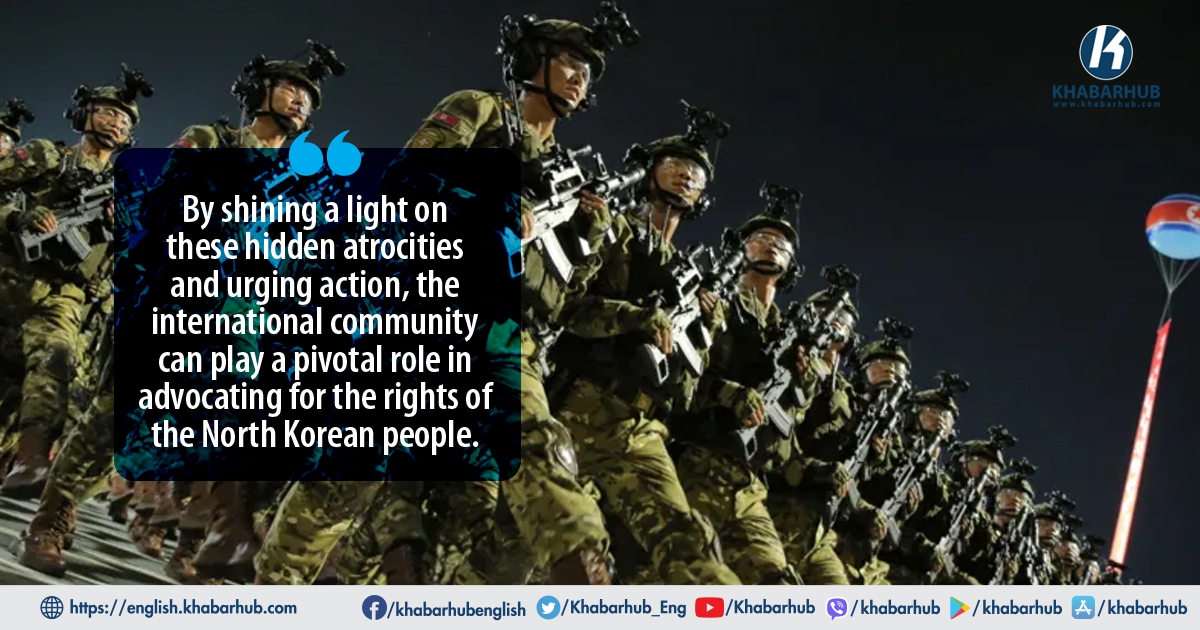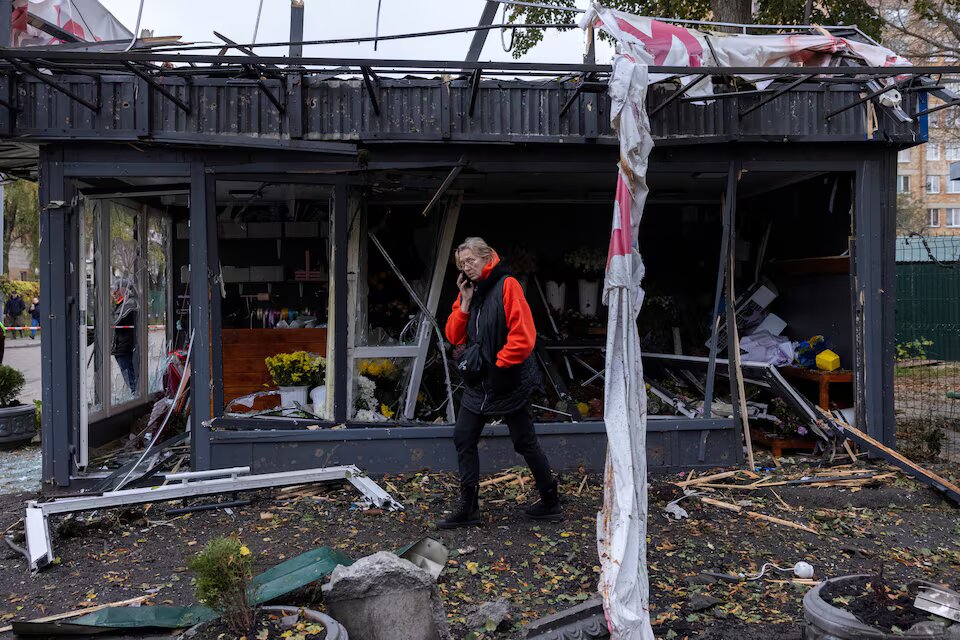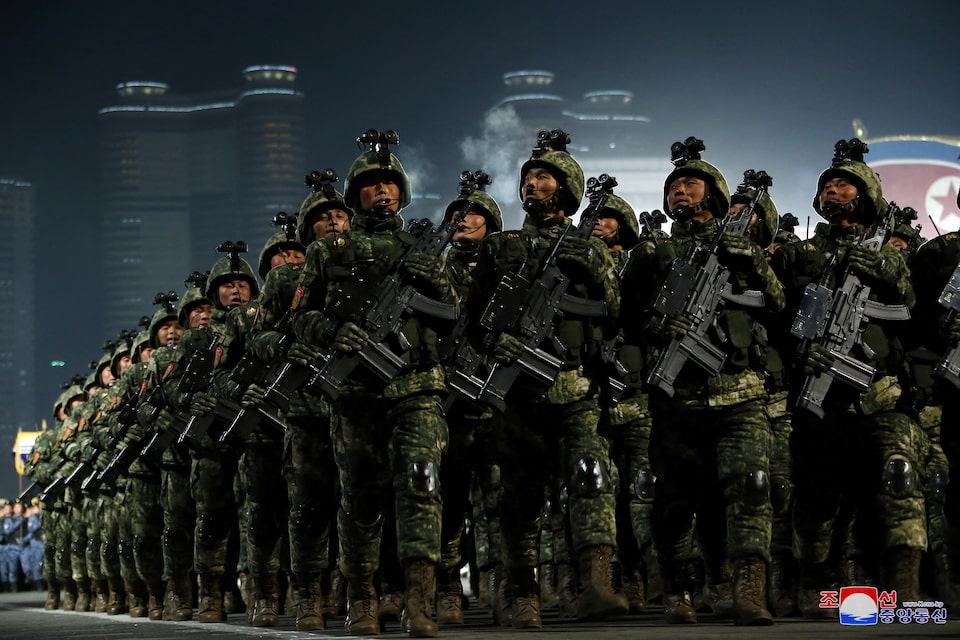
SEPT 6: According to declassified intelligence obtained by the New York Times, Russia has bought millions of artillery shells and rockets from Pyongyang.
A US official said Russia would be forced to buy additional North Korean weaponry as the war dragged on.
Last week, Moscow reportedly received its first order of new Iranian drones.
Iran and North Korea, both the targets of significant Western sanctions, have sought to deepen ties with Russia since President Vladimir Putin launched his invasion of Ukraine in February.
Kim Jong-un's regime has blamed the US for the conflict and accused the West of pursuing a "hegemonic policy" that justified Russia's use of force.
Last month, North Korea recognised the independence of Russia's two proxy statelets in eastern Ukraine - the Donetsk and Luhansk People's Republics - and vowed to deepen its "comradely friendship" with Moscow. Russia's Vladimir Putin said the two countries would expand their "comprehensive and constructive bilateral relations", according to Pyongyang state media.
The exact size and scale of the new weapons deliveries revealed by the report remain unclear.
But a US official told the Associated Press that turning to North Korea for support demonstrated that "the Russian military continues to suffer from severe supply shortages in Ukraine, due in part to export controls and sanctions".
Broad economic sanctions have done little to damage Russia's income from energy exports, according to Finnish think tank the Centre for Research on Energy and Clean Air. It estimates Russia has made €158bn (£136bn) from surging fossil fuel prices during the six-month invasion, with EU imports accounting for more than half of that.
However, US and EU believes that Moscow's ability to resupply its military has been impaired.
Last week, officials in the Biden administration told US media that the first shipments of Iranian-made drones had also been delivered to Russia.
US intelligence officers believe that Russian operators have travelled to Iran to receive training on the Mohajer-6 and Shahed series weapons.
But they told reporters recently that many of the drones had been beset by mechanical and technical problems since delivery.
Iran has officially denied delivering weapons to either side of the conflict, but in July US National Security Advisor Jake Sullivan said Tehran was planning to supply Moscow with potentially hundreds of drones for its war in Ukraine, some with combat capabilities.
On Tuesday, UK defence officials said in a daily update that Russia was struggling to maintain its supply of battlefield drones in the face of significant "combat losses".
"It is likely that Russia is struggling to maintain stocks of UAVs [unmanned aerial vehicles], exacerbated by component shortages resulting from international sanctions," the update said.
"The limited availability of reconnaissance UAVs is likely degrading commanders' tactical situational awareness and increasingly hampering Russian operations," officials added.





